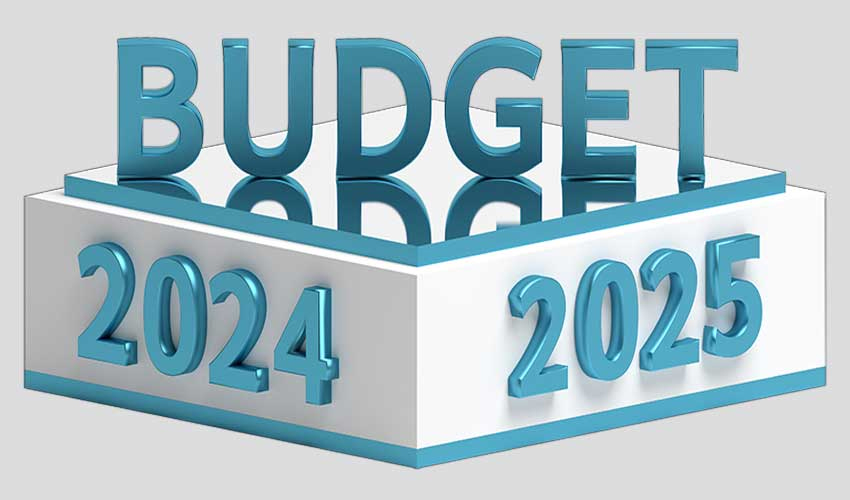
Budget 2024-25 may relax compliance with Customs rules
NEW DELHI : The Centre might propose a raft of changes in the Customs rules to weed out duty anomalies, retain certain exemptions, and improve compliance in the upcoming Union Budget 2024-25.
According to two officials privy to the discussion, some crucial measures concerning Customs have been deliberated on to boost domestic manufacturing, ensure hassle-free and appropriate compliance, and curb tax leakages.
Official sources indicate that the Centre is planning to introduce electronic bank guarantees (BGs) for importers to plug revenue leakage. Retaining duty exemptions on some items and tweaking Customs duty rates, particularly on medical equipment and consumer electronics to boost the domestic economy, are also on the cards, they said.
Other measures are also being deliberated on for the duty refund process and reducing the time frame for updating exchange rates of tariffs. Customs authorities seek BGs in case of a differential amount of applicable duty which should be deposited before provisionally clearing the consignment. As a practice, physical BGs are largely used, which makes it challenging for authorities to track, resulting in huge revenue loss, said one of the two officials
“If a trader has benefited from a reduced tariff rate but it later turns out that the amount due was higher, then that money is owed to the government. Due to the practice of physical BGs, this revenue often gets lost, and Customs officers are unable to recover it,” the official explained.
Even for importers, the issuance of BGs is cumbersome. Banks charge a processing fee for the issuance of BGs depending upon the period, risk rating of the importer, amount, etc., they said.
An email to the Central Board of Indirect Taxes and Customs (CBIC) went unanswered until the time of going to press.
This move follows issues faced by authorities such as expired BGs, execution in the wrong format, not containing the required conditions, unnotified BG cancellation orders to banks, or not being invoked on breach of conditions by importers, and many more.
Several instructions have been issued by the CBIC to Customs authorities to verify the veracity of BGs and keep track of them to safeguard revenue interest. The process of obtaining and submitting BGs takes about two weeks, which delays the clearance of imported goods, said an importer privy to the challenges.
Mr. Saurabh Agarwal, tax partner at EY, said, “Customs authorities encounter challenges such as revenue leakage due to non-tracking and invocation issues of BGs. This would serve as a trade facilitation measure for the importer community and align with the Digital India initiative of the Government of India.”
On the duty front, discussions have been around how to promote domestic production and reduce import dependence, officials cited above said.
The industry has been advocating for bringing down the import duty on components used for medical devices and increasing Customs duty on finished devices to up to 15 per cent from the current 7.5 per cent.
The idea is to ensure that Indian manufacturers can compete effectively with imports for essential supplies such as masks, thermometers, blood collection tools, etc.
India has over a thousand companies that manufacture a wide range of medical devices, except advanced high-technology ones.
“Encouraging domestic manufacturing will require Customs duty changes for specific products/sectors with a different treatment for components/intermediate products and finished goods. While many steps have been taken to ease procedures for importers and exporters, this is an ongoing exercise as the process of remaining competitive in international trade requires constant efforts to remove trade bottlenecks,” said M S Mani, partner at Deloitte.
Source : Business Standard

